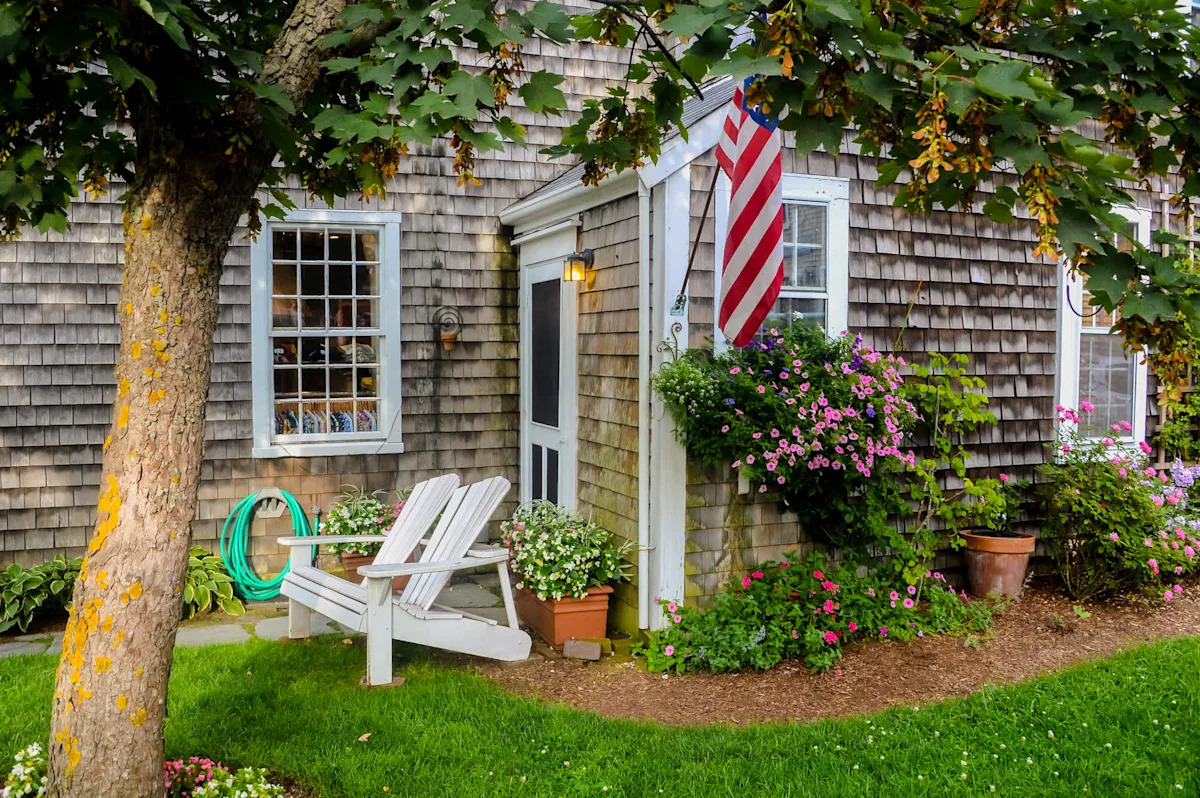In an ideal world, humans and wildlife would enjoy a certain degree of separation to protect both nature’s creatures and people. Unfortunately, with habitat destruction and animals losing their fear of human-occupied spaces, we are seeing an increasing number of crossovers, which can end in attacks.
In Somerville, Massachusetts, in fact, one woman was attacked by a raccoon in her own backyard, as reported by NBC Boston.
What’s happening?
When Katharine VanBuskirk took her dogs outside during early hours one Saturday morning, she was met with an unwelcome greeting from a raccoon.
The animal lunged at her face, which was left covered in scratches and bite marks, as was much of the rest of her body. VanBuskirk threw the raccoon off herself and rushed inside with her pets. The dogs were unharmed.
Wildlife expert Dave Wattles told NBC Boston, “An attack by a raccoon is a relatively rare occurrence.”
When they do attack, which can happen when they feel threatened while they search for food, the outcome can be dire. The woman assumes the raccoon was attracted to her backyard compost bin.
In the wake of the attack, VanBuskirk said, per NBC Boston, “you know, I’m gonna never blame the raccoon.”
Why are animal attacks important?
VanBuskirk’s empathy for wild animals is warranted and important, as when animals attack, it is out of fear of a threat.
While they are typically fearful of humans, many raccoons have adapted to suburbs and urban areas, which gives them the means to infrequently attack, according to an Urban Jungle Wildlife Removal blog post.
This adaptation to human-dominated spaces is because of habitat destruction, which pushes wildlife out of their habitats and into human-developed spaces.
When humans and animals like raccoons invade each other’s spaces, both sides are put in danger, and biodiversity can be lost, causing more indirect harm.
Raccoons carry rabies, which can be fatal to humans without prompt treatment, which is why VanBuskirk is being treated with rabies shots.
What’s being done about raccoon attacks?
NBC Boston reported that experts are warning civilians against feeding or approaching wildlife to prevent attacks. Garbage and compost bins should be secured, and pet food should be stored inside.
If a homeowner comes across a denning area on or near their property, they should contact a local wildlife refuge for assistance. Pets and livestock should be monitored.
Join our free newsletter for good news and useful tips, and don’t miss this cool list of easy ways to help yourself while helping the planet.

